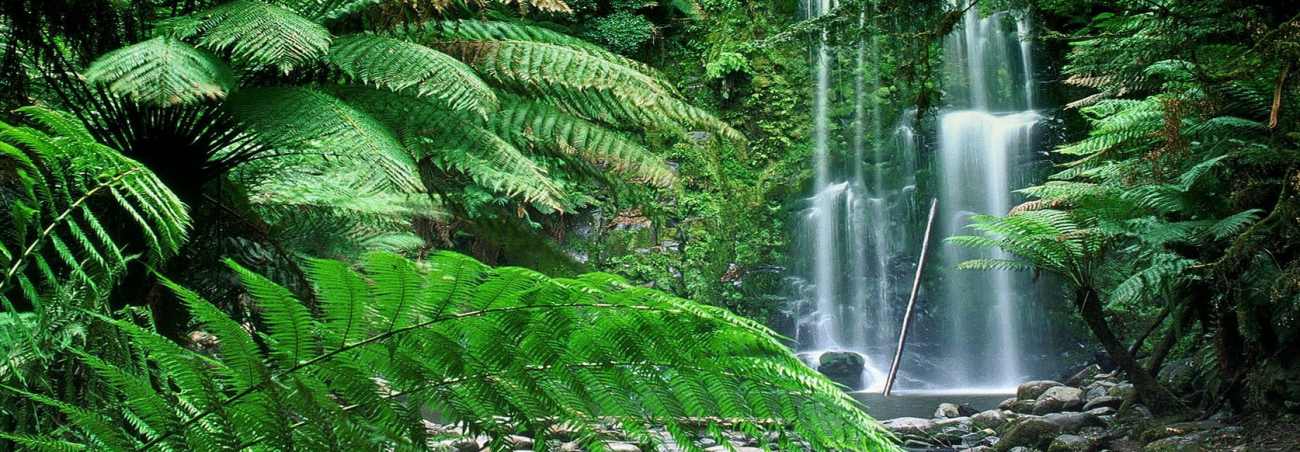The Benefits of Drinking Water
It is estimated that we need somewhere in the region of 1.5 -2 litres of water per day. The food we eat also has a water content and so not all of our daily amount has to come from drink.
An estimated 20% of the water we need daily comes from our food. 1-5 litres of water is approximately 5-6 cups of water to give you an idea of how much we need.
Water is lost through the skin by sweat, urine, tears and other body fluids. It is important to replace the water that our bodies use.
Why is drinking water so important ?
By not drinking enough water, our bodies can become dehydrated. If we do a lot of physical exercise or work, then we need to drink more to compensate for the loss of water.
Water is essential for our survival and health and considering that our bodies are made up of well over 50% water, then this fact comes as no surprise. Water helps to lubricate joints, carries nutrients and oxygen around the body and plays a large part in the elimination of waste products.
Water is found in abundance in our bodies:
- The brain contains 75% water.
- Helps to regulate body temperature.
- Water carries oxygen and nutrients to the cells.
- Blood is over 90% water.
- Water protects and cushions vital organs.
- Helps to eliminate waste products.
- Bones are approximately 20% water.
- Muscles are approximately 75% water.

Water does the following:
- It assists in the breakdown of foods and plays a large part in digestion.
- Plays a vital role in the removal of waste products from the body, it is found in urine, faeces and sweat.
- It acts as a shock absorber in joints.
- Carries nutrients and oxygen to cells.
- Lubricates the eyes.
- Helps to maintain & regulate a steady body temperature.
- Water keeps the cells and tissues working in an environment.
The proportion of body weight made up of water is dependent on age and sex. following are approximate guidelines for the water content of our bodies:
- Babies have between 70-85%.
- Adult males have between 60 - 65%.
- Adult females have between 50 - 60%.
- Elderly men & women on average about 50%.
Types of Water
There are many types of water available, bottled, tap, filtered, mineral, sparkling and flavoured. Water contains the elements hydrogen and oxygen and the sources that it comes from fill it with many additional minerals or metals, depending on the source. To understand this, it is necessary to look at how water reaches us in our homes.
Where does Household Drinking Water comes from?
Water that we drink from our taps comes from surface water in reservoirs (natural or man-made water stores where water can be treated before it sent to households), lakes, rivers & also water in the ground known as groundwater.

Groundwater comes from the rain, snow, hail & sleet that literally soaks into the ground. This water soaks into the earth and as it does, passes between and over particles of soil, sand, gravel or rock until it reaches its resting place which is a place where the ground is filled with water.
The part of the ground saturated with water may be close to the surface of the ground or it may be hundreds of feet below.
Groundwater can be pumped up from the water storage in the ground into wells. It is generally clean but can become polluted from land that is close by that has had fertilizers or leaky landfill. When pollutants leak or spill from landfill it can filter into groundwater. Underground water is carried through pipes to treatment plants where it is treated to make it household water user-friendly.
Different Types of Water You Can Buy
Bottled water, in the same way as household water is subject to regulations and conditions. Samples are regularly tested to ensure the health of the water.
There are several different types of water that are available for purchase and here are some of the main ones available:
Spring Water
Spring water is harvested from a natural spring. Most bottled waters are filtered and treated to remove impurities, natural spring water is considered to contain a beneficial level of minerals and is normally bottled directly at the source.
Purified Water
This is drinking water that has had all the chemicals and bacteria in it removed through a variety of processed to make the water pure or "purified."
Distilled water
This is a type of purified water. Distilled water is firstly boiled to remove the chemicals and then as the water steam rises, it is collected and then bottled as distilled water.
Mineral Water
Mineral water has to have a certain percentage of minerals in order for it to be classified as mineral water. These minerals are either found naturally in it or are added to it. The usual minerals found in mineral water include calcium, magnesium, sodium, potassium, chloride, sulphate, fluoride and nitrate.
Sparkling Mineral Water
This is mineral water that contains added or natural carbon dioxide.
Artesian Water or Well Water
Artesian refers to water that comes from a well that is dug in the earth. When the well is dug, internal pressure from the hole causes the water to burst forth spontaneously from the well like a fountain, the water rises to the surface under natural pressure without the need of a pump. The word "Artesian" comes from the French "Artois" - a former place name in France which had many such wells.
Well Water
Wells are built by digging into the Earth and ensuring that the sides of the well do not collapse by reinforcing them. Water that is from a well taps into a supply of groundwater, such as a spring or underground stream.

